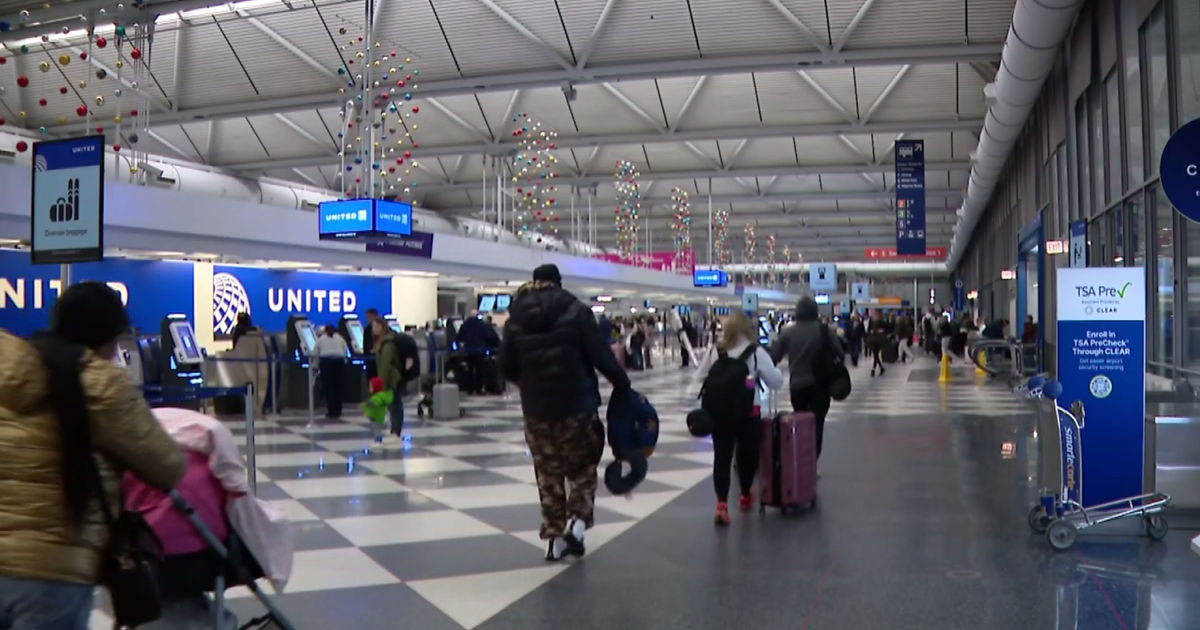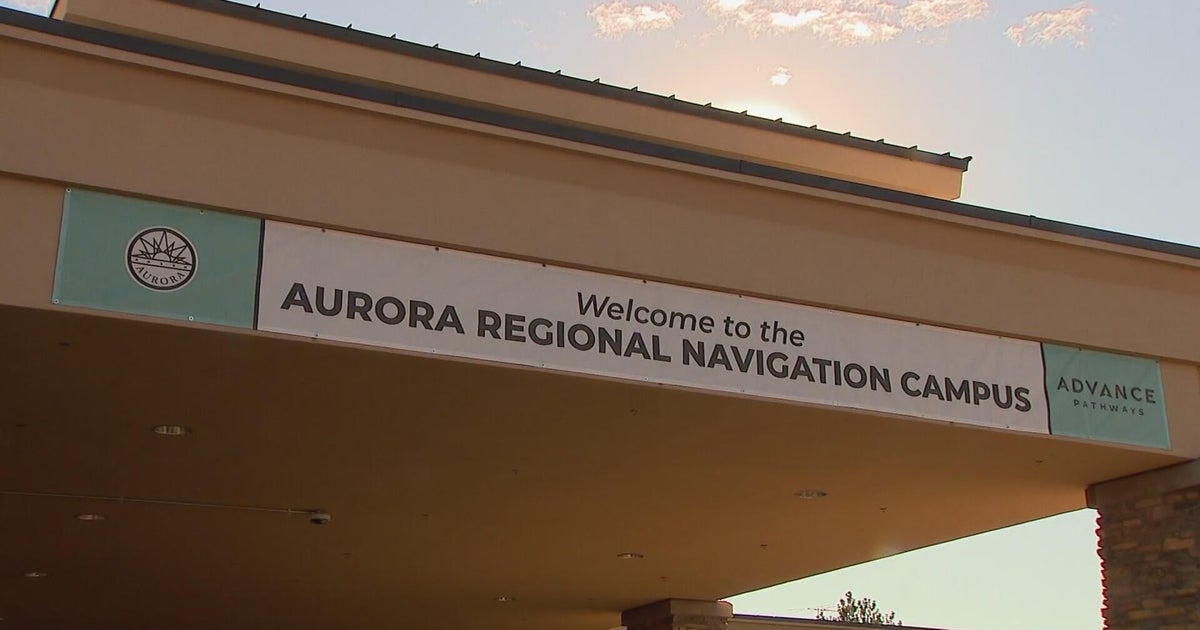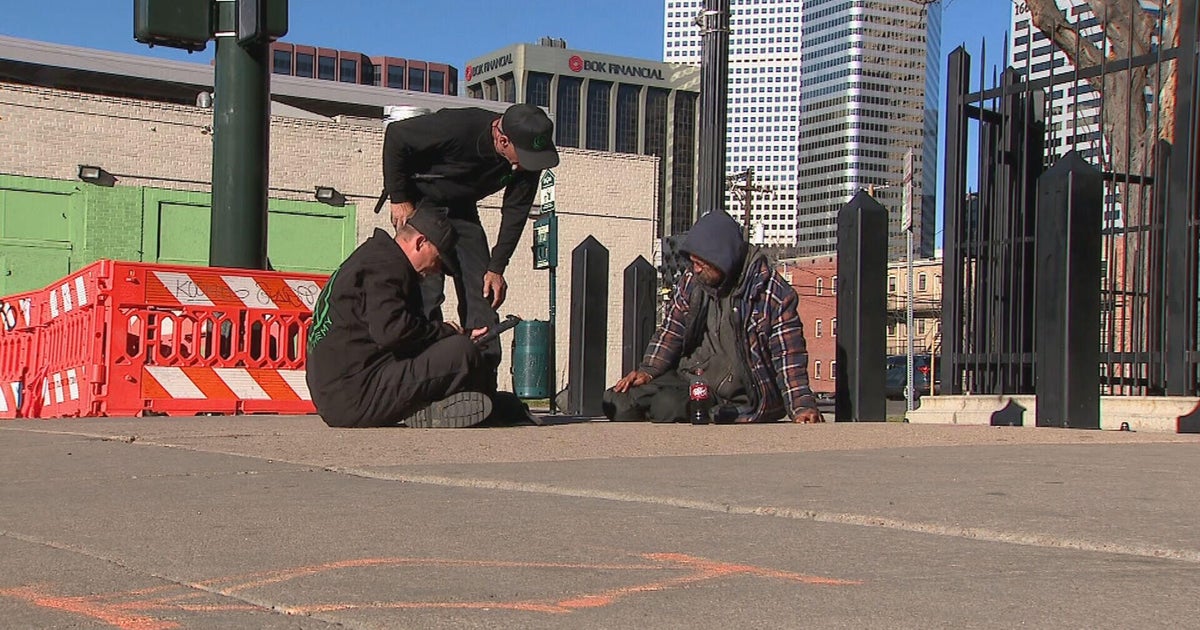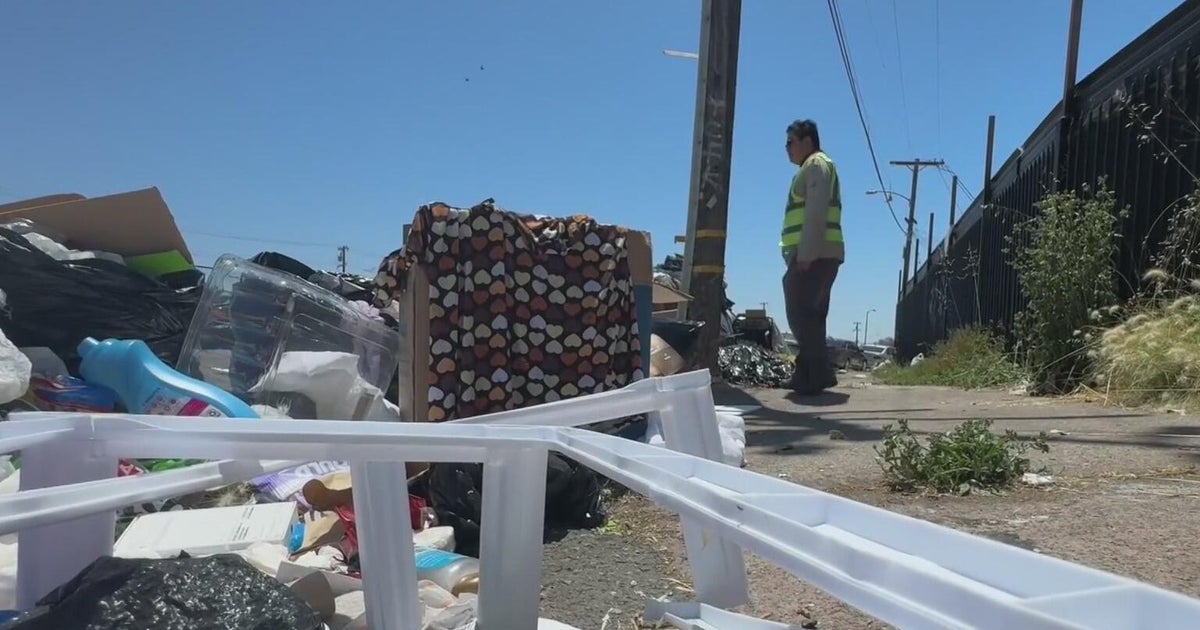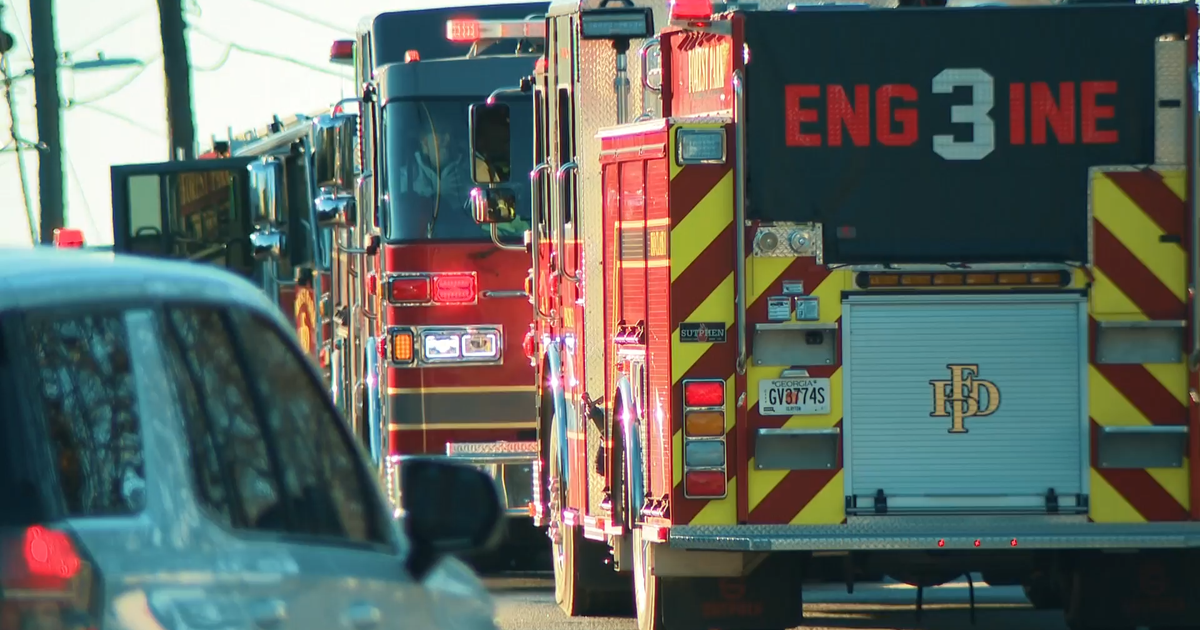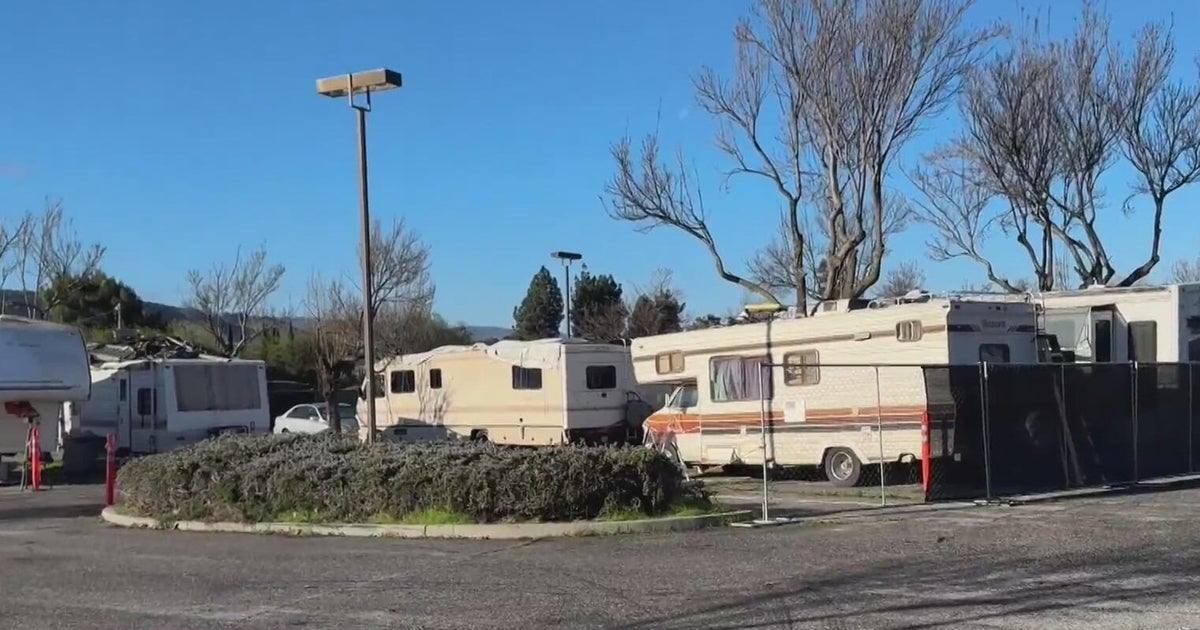Homeless community growing at O'Hare International Airport, prompting concerns
CHICAGO (CBS) -- The number of Chicago's homeless community seeking shelter at O'Hare International Airport is up.
As CBS 2's Marissa Perlman reported Thursday night, two employees at the airport say they are concerned for their safety. They shared what they see in the overnight hours.
Thousands of Chicago homeless people seek refuge from the cold inside O'Hare. Employees sent us photos of people sleeping on heater vents, using the terminal to dry their clothes, and trashing airport bathrooms.
"It's out of control," Chatman said.
Vonkisha Chatman and Catherine Thompson are tasked with cleaning up the mess.
"None of us feel safe," said Chatman.
Chatman and Thompson work overnight hours as custodians in Terminal 1 and 2 at O'Hare – where they aren't always covered by security. They both say they have been harassed by the homeless community, who set up camp during their shift.
"They will come up behind you. This one man followed us last night," Thompson said. "From the time we get here until the time we leave in the morning, they will be here."
The custodians' managers tell them to be aware and call police. But police tell the custodians that officers can't intervene unless someone is physically touched.
"They just tell us to be careful because it's out of their hands," Chatman said, "like they can't do anything."
Jessica Dubuar with Haymarket Center, which serves the O'Hare homeless community, says the numbers are increasing year to year.
Haymarket encountered 618 new homeless people at O'Hare in 2022 – up 53 percent from 2021, when they saw 431.
Perlman: "I think a lot of people are going to ask, you know, why can't they go to a homeless shelter? Why are they sleeping at O'Hare instead?"
Dubuar: "They're full. The shelters are full."
The Chicago Department of Family and Support Services operates more than 3,000 shelter beds at 50 facilities. Dubuar says there are simply enough beds to meet the growing need.
"A lot of folks don't end up at the airport because that's their goal," Dubuar said. "That is the last option they have."
The city is now hoping the $60 million in federal funding to fight homelessness will help. The money announced Thursday will go toward expanding placement services.
In respective statements, Haymarket Center and the city agree – homelessness is not illegal in Chicago.
This statement was issued by the Chicago Department of Aviation:
"The CDA is aware of the increasing population of unsheltered individuals at O'Hare International Airport. It's a common occurrence at this airport and airports nationwide when temperatures drop in the winter months. The Department of Family and Support Services (DFSS) and their delegate agencies continue to provide 24/7 outreach to unsheltered residents at O'Hare. Outreach professionals engage with individuals experiencing homelessness at O'Hare and conduct needs assessments. If the individual chooses to accept assistance, outreach professionals connect them with appropriate services and shelters, including necessary referrals and transportation. The CDA remains committed to working with its partners at the Chicago Fire Department (CFD), the Chicago Police Department (CPD), and other governmental and community-based organizations to support those in need and connect them with available resources in Chicago."
The Chicago Department of Family and Support Services issued this statement:
"Sometimes, individuals experiencing homelessness do not accept services and outreach teams have to engage them many times before trust is established and the clients are ready to accept assistance. Outreach is not enforcement, and DFSS will continue to respond to community needs through trauma informed, strengths-based approaches. Building a rapport and connecting individuals to the services they need is an important step in the journey toward housing. DFSS outreach teams and delegate agencies connect individuals to services like crisis counseling, case management services, information and referral, placement, and travel support to shelters or other alternative living locations and linkage to other community resources.
"To better serve our fellow residents experiencing homelessness, DFSS has also developed encampment outreach strategies that include multi-day events to provide case management, access to a mobile health unit, outreach providers, mental health providers, substance abuse treatment, workforce supports, and connection to public benefits to all interested parties.
"Our investments to support homeless residents continues to grow and innovate, with a focus on housing-first solutions. First, we are investing $2M to fund additional outreach teams on the red line, blue line, and O'Hare - including overnight coverage.
"The department has utilized CARES ACT funding to invest $35 million dollars into the Expedited Housing Initiative, which has been able to house over 1800 households that were experiencing homelessness, including individuals from unsheltered locations. The initiative focuses on community engagement, collaboration, and accountability to streamline the housing process and enact lasting change. A new $27 million investment through the Chicago Recovery Plan and additional local funds will support continuation of the EHI and house another 1,200 households in the upcoming year, while also supporting the stability of 1,000 households that have already found a home."
O'Hare also says that "while it's not illegal to be homeless in Chicago, it is illegal to trespass without any legitimate business."

